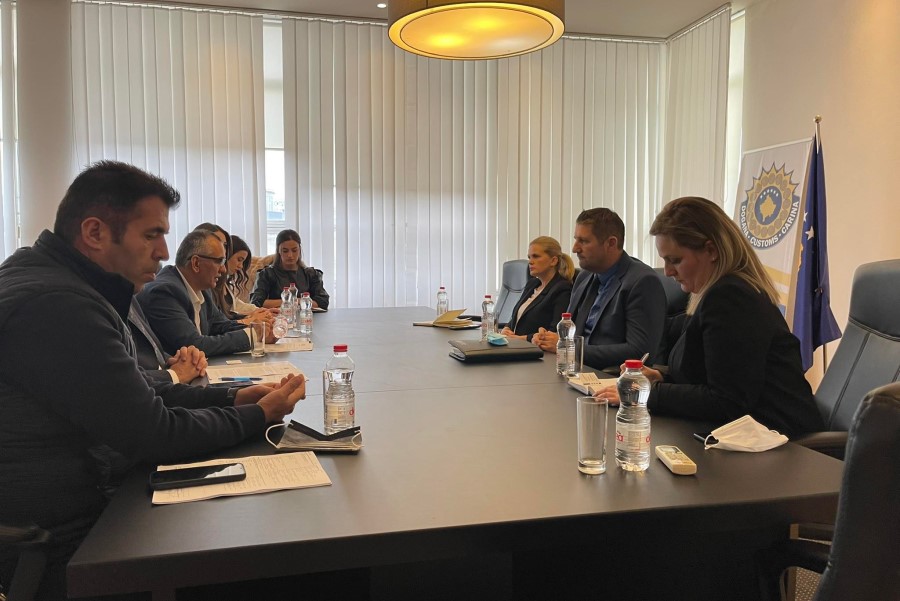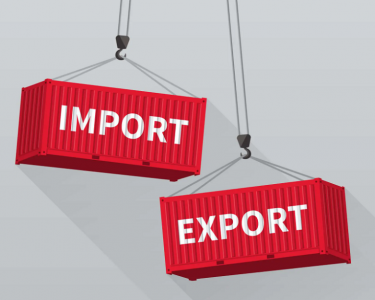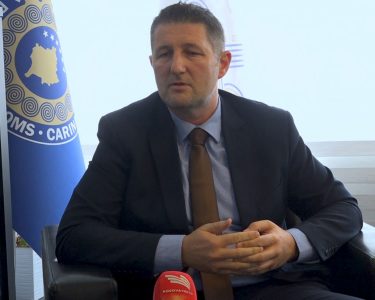Complete non-recognition of raw materials for producers, lack of unification of decisions between the commission for release of raw materials, Customs and TAK, the impact of the implementation of Government Decision No. 17/36 which changes the value of expenditures maritime transport and containers were some of the topics of discussion in the meeting held between the representatives of the Chamber of Doing Business in Kosovo (CDBK) with the General Director of Customs, Agron Llugaliu.
The Chairman of the KCA Board, Skënder Krasniqi, congratulated Llugaliu for the position of General Director of Customs, with the conviction that together they can support businesses, so as to simplify the bureaucratic procedures they are facing during the exercise of business activity.
Krasniqi stressed that one of the challenges that manufacturing businesses are facing is the lack of reckognition of the raw material, which is making it difficult for local businesses to enter the market at competitive prices.
Further, Krasniqi informed that businesses are constantly faced with revaluations of goods, especially products that are bought at auctions.
While a great challenge for businesses was considered the implementation of Decision no. 17/36, through which the tariffs for shipping costs and containers were changed and lower prices are not being accepted than those presented in the decision.
The Deputy Chairman of the Board of the Kosovo Chamber of Commerce, Arsim Selmonmusaj, emphasized the problems that businesses are facing regarding the tariff codes and their origin, especially during the cooperation with Albania.
The General Director of Customs, Agron Llugaliu, congratulated the chamber for its work and added that he appreciates the cooperation with the chambers, as strategic and professional partners.
Regarding the exemption from raw materials, Llugaliu stressed that exemption from Customs is more sensitive and more complicated than that from VAT, for this reason there are discrepancies between decisions. He further stressed that they are working in this direction, so that the necessary modifications are made, so as to support local producers as much as possible.
According to Llugaliu, this year is extremely successful in terms of reducing informality, while in terms of customs clearance of remittances, we can be considered the most efficient country in the region, as more than 80% of remittances go through customs clearance procedures within an hour.
Ismail Shallti, owner of the business Euro Fisi and a member of the CDBK, presented the challenges they are facing as producers, and for which he accepted concrete answers.








